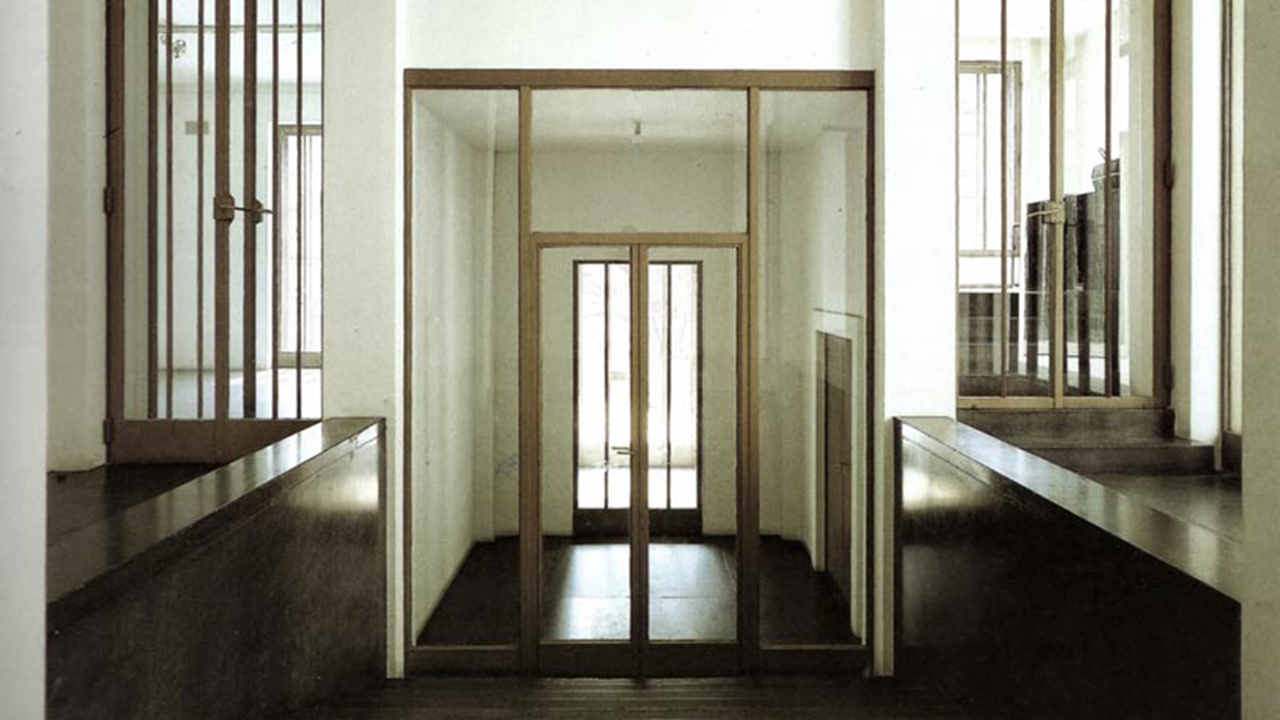From Blind Obedience to Normative Freedom Instructor: J.-P. Caron Date & Time: September 3, 10, 17, 24, 30, October 8, 15, 22. 14:00-16:30 ET

DESCRIPTION: Wittgenstein remains an enigmatic figure for contemporary philosophy. For some, a radical debunker of its pretensions toward totality and closure; for others, a conservative caretaker of what is as it is. This opposition is not the only one to be motivated by the unusual pathways taken by his thinking.
A different juncture presents itself between the constructive Wittgensteinians- those who uphold that Wittgenstein’s philosophy does present positive theses and ways forward for traditional philosophizing, and the quietist proponents of the so-called resolute reading, wherein Wittgenstein is seen as a purely therapeutic philosopher, unmaking philosophical theses by a patient working through of their linguistic expression. Interestingly one can find the previous opposition reconciled in the quietist reading- instead of the image of a radical debunker, the conservative aspect stems from the deactivation of the philosophical drive towards acceptance of given Forms of life.
While having its scholarly merits, the quietist does not necessarily have the final word, and the amount of systematic philosophy being pursued under Wittgenstein’s influence attests to the Prothean resonances of this thinker. Mostly against this quietist reading, a Wittgensteinian thread runs deep within the inferentialist line of thought- particularly the uncanny connection between this thread and a form of Hegelianism that currently shines in contemporary analytic philosophy.
Meredith William’s Blind Obedience tries to carve a middle ground between the quietist and the constructive Wittgensteinian by offering a fine-grained analysis of the shapes and objects of Wittgenstein’s arguments in Philosophical Investigations. And by doing so, Williams revisits a large swath of 20th-century philosophy of language in the process, offering illuminating comparisons with the likes of Quine, Davidson, Sellars, Brandom, McDowell, among others. This two-credit Seminar will tackle Williams’ reading of the Philosophical Investigations, with an eye on the different models of semantic holism that are displayed in her book.
By doing this, we hope to unearth the differences between diverse kinds of webs-of-belief/space-of-reasons holistic models of language, with different consequences to the concept of forms of life and their relations. This suggests the Wittgensteinian “Pragmatic challenge to analysis” (Brandom) as a possible site for the construction of an interface assembling different strands of contemporary philosophical thought. In doing this, we try to deepen the constructive vector that can be yielded out of Wittgenstein’s therapeutics, thus welding debunking and constructing in one and same dialectical tool.
Each session in this 8-session Seminar will focus on one of the eight chapters of Williams’ book, adding the relevant sections of Wittgenstein’s Philosophical Investigations and the interlocutors that are mentioned within the chapters. The Seminar continues an ongoing investigation on the logical concept of the form of life and its theoretical and practical consequences, but it can be followed independently of my previous Seminars for the New Centre for Research and Practice.
IMAGE: Ludwig Wittgenstein and Paul Engelmann, Wittgenstein’s Haus on Kundmangasse, Vienna, 1928.
To see The New Centre Refund Policy CLICK HERE.
To see The New Centre Refund Policy CLICK HERE.